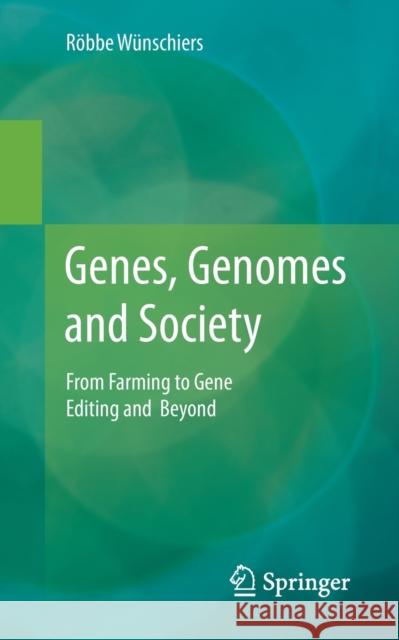Genes, Genomes and Society: From Farming to Gene Editing and Beyond » książka
topmenu
Genes, Genomes and Society: From Farming to Gene Editing and Beyond
ISBN-13: 9783662640807 / Angielski / Miękka / 2021 / 307 str.
Kategorie:
Kategorie BISAC:
Wydawca:
Springer
Język:
Angielski
ISBN-13:
9783662640807
Rok wydania:
2021
Wydanie:
2022
Ilość stron:
307
Waga:
0.27 kg
Wymiary:
20.32 x 12.95 x 1.27
Oprawa:
Miękka
Wolumenów:
01
Dodatkowe informacje:
Wydanie ilustrowane











